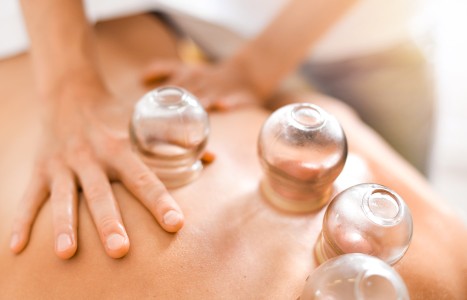Whether you accept it, avoid it or live somewhere in between, insurance coverage has become a defining issue for our profession. Patients increasingly expect to use their benefits, practitioners want to be compensated fairly for their time and expertise, and the system itself remains – at best – fragmented. The encouraging news is that coverage has expanded in meaningful ways. The challenging news is that reimbursement, across the board, remains inadequate.
Herbs & Botanicals
Katsumadai Seed (cao dou kou)
What is katsumadai seed? What is it used for?
Katsumadai seed is a member of the ginger family, which has green, diamond-shaped leaves and round yellow fruit, which changes color from green to yellow as it ripens. The parts of the plant used in herbal preparations are the seeds. After the fruit is gathered and dried in the sun, the seeds are removed from the fruit, then smashed or ground into a powder.
In traditional Chinese medicine, katsumadai seed has pungent and warm properties, and is associated with the Spleen and Stomach meridians. Its main functions are to promote circulation of qi. It is used to treat conditions such as epigastric pain, distended abdomen, diarrhea and nausea. It is often used with other herbs such as cinnamon bark and ginger.
How much katsumadai seed should I take?
The typical dosage of katsumadai seed is between 3 and 6 grams, boiled in water and drunk as a decoction. If it is being combined with other herbs, katsumadai should be added to the decoction last (because of its aromatic properties).
What forms of katsumadai seed are available?
Katsumadai seed is available in a variety of forms, including dried whole seeds and powders. Some herbal shops also sell katsumadai seed extracts, along with larger formulas that include katsumadai seed as part the formula.
What can happen if I take too much katsumadai seed? Are there any interactions I should be aware of? What precautions should I take?
Katsumadai seed should not be taken by patients who have been diagnosed with blood or yin deficiency. As of this writing, there are no known herb-drug interactions on unwanted side-effects associated with katsumadai seed. As always, make sure to consult with a licensed health care provider before taking katsumadai seed or any other herbal remedy or dietary supplement.
References
- Dong H, Mei Q, Xu G, et al. Textual study on traditional Chinese drugs caodoukou and baidoukou. Zhongguo Zhong Yao Za Zhi August 1992;17(8):451-3, 509.
- He W, Li Y, Xue C, et al. Effect of Chinese medicine alpinetin on the structure of human serum albumin. Bioorg Med Chem March 1, 2005;13(5):1837-45.
- Lee SE, Shin HT, Hwang HJ, et al. Antioxidant activity of extracts from alpinia katsumadai seed. Phytother Res November 2003;17(9):1041-7.
- Nan P, Hu Y, Zhao J, et al. Chemical composition of the essential oils of two alpinia species from Hainan Island, China. Z Naturforsch [C] March-April 2004;59(3-4):157-60.
- Yang Y, Kinoshita K, Koyama K, et al. Two novel anti-emetic principles of alpinia katsumadai. J Nat Prod December 1999;62(12):1672-4.


